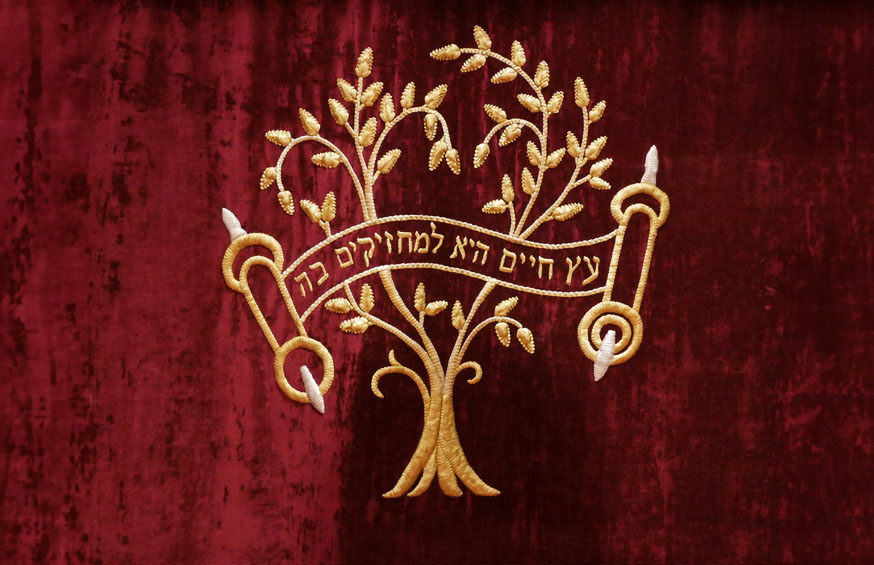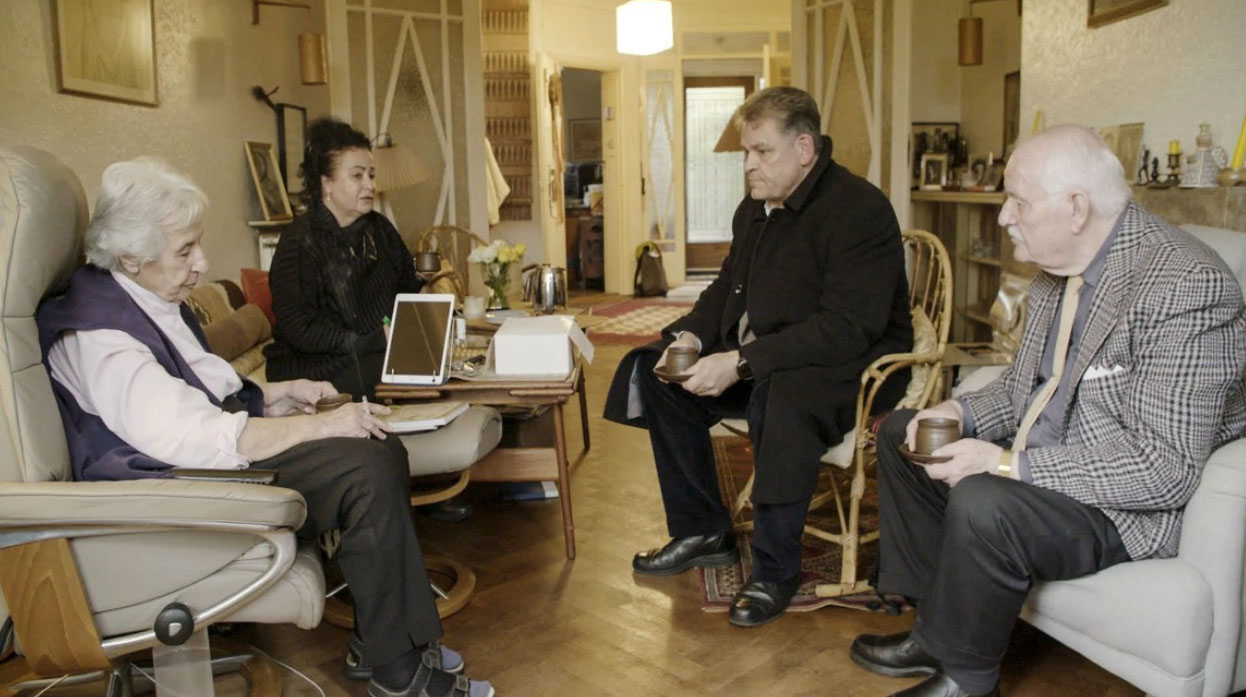It’s finally happening: Conservatives in the Episcopal Church are starting their own denomination.
The impetus, as you well know, is the acceptance of homosexuality by the U.S. arm of the Anglican Church. This schism as been building for years—in fact, you could say the schism has existed for years, even between brothers—but it’s about to become official.
Laurie Goodstein at The New York Times has the story:
Conservatives disaffected from the Episcopal Church are expected to declare on Wednesday that they are founding their own rival Anglican province in North America, the biggest challenge yet to the authority of the church in a five-year battle over the ordination of an openly gay bishop.
The move threatens the fragile unity of the Anglican Communion, the world’s third largest Christian body, made up of 38 provinces around the world that trace their roots to the Church of England and its leader, the Archbishop of Canterbury. This is the first effort to create a province defined by theological orientation, not by geography.
The schism would create two competing provinces on the same soil, each claiming the mantle of historical Anglican Christianity. The conservative group plans to unveil a constitution and canons for its new province in an event at a large evangelical church here in Wheaton, which is outside of Chicago, on Wednesday evening.
“We’re going through Reformation times, and in Reformation times things aren’t neat and clean,” said Bishop Robert Duncan of Pittsburgh, who is expected to be declared the head of the new province. “In Reformation times, new structures are emerging.”
In October, Bishop Duncan led his diocese out of the Episcopal Church.
The proposed new province will have about 100,000 members and take in four Episcopal dioceses and dozens of parishes in the United States and Canada that recently voted to leave the Episcopal Church and the Anglican Church of Canada.
They claim those churches have broken with traditional Christianity in many ways, but the development that precipitated their departure was the decision to ordain an openly gay bishop and to bless gay unions.
Besides Pittsburgh, those dioceses are Fort Worth, Tex., Quincy, Ill., and San Joaquin, in the Central Valley of California — representing four of about 100 dioceses in the Episcopal Church. However, not all the parishes and Episcopalians in those four dioceses agreed to leave the Episcopal Church.
The new province in North America would also absorb a handful of other splinter groups that had abandoned the Episcopal Church decades earlier over such issues as the ordination of women, or revisions to the Book of Common Prayer. One of the groups, the Reformed Episcopal Church, broke away from the forerunner of the Episcopal Church in 1873.
Conservative leaders in North American say they expect to be granted approval for their new province from at least seven like-minded primates, who lead provinces in the Communion’s Southern hemisphere — in Africa, Australia, Latin America and Asia.
These are the same primates who met in Jerusalem over the summer at the “Global Anglican Future Conference” and signed a declaration heralding a new era for the Anglican Communion. Most of these primates boycotted the Lambeth Conference a few weeks later, the international gathering of Anglican bishops in England held once every 10 years, which is considered one of the “instruments of unity” in the Anglican Communion.
Bishop Duncan and other conservative leaders in North America say they may not seek approval for their new province from the Archbishop of Canterbury, the Most Rev. Rowan Williams, or from the Anglican Consultative Council, the leadership group of bishops, clergy and laity in the Communion that until now was largely responsible for blessing new jurisdictions.
Bishop Martyn Minns, a leading figure in the formation of the new province, said of the Archbishop of Canterbury: “It’s desirable that he get behind this. It’s something that would bring a little more coherence to the life of the Communion. But if he doesn’t, so be it.”
Read the rest of Goodstein’s story here.






















 More news and opinions than at a Shabbat dinner, right in your inbox.
More news and opinions than at a Shabbat dinner, right in your inbox.